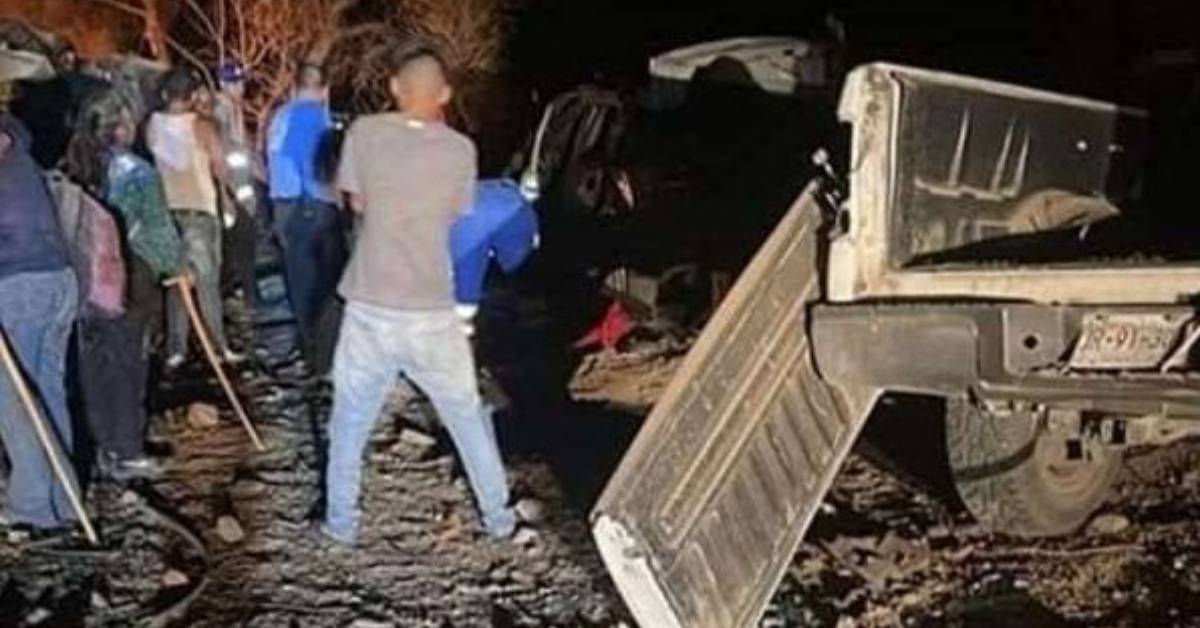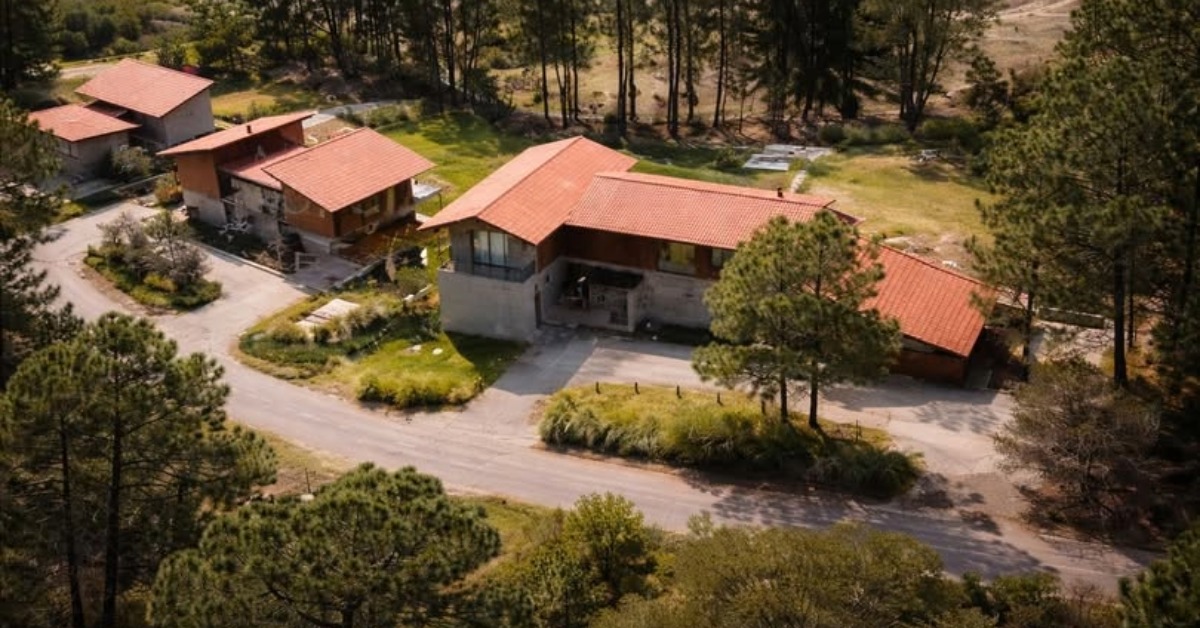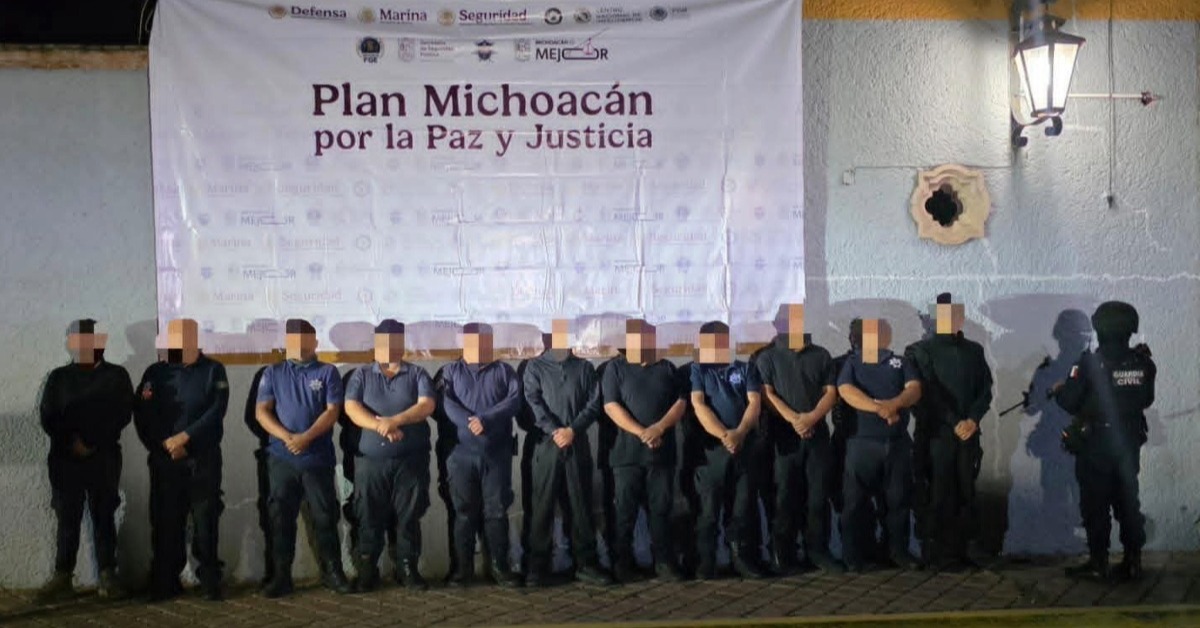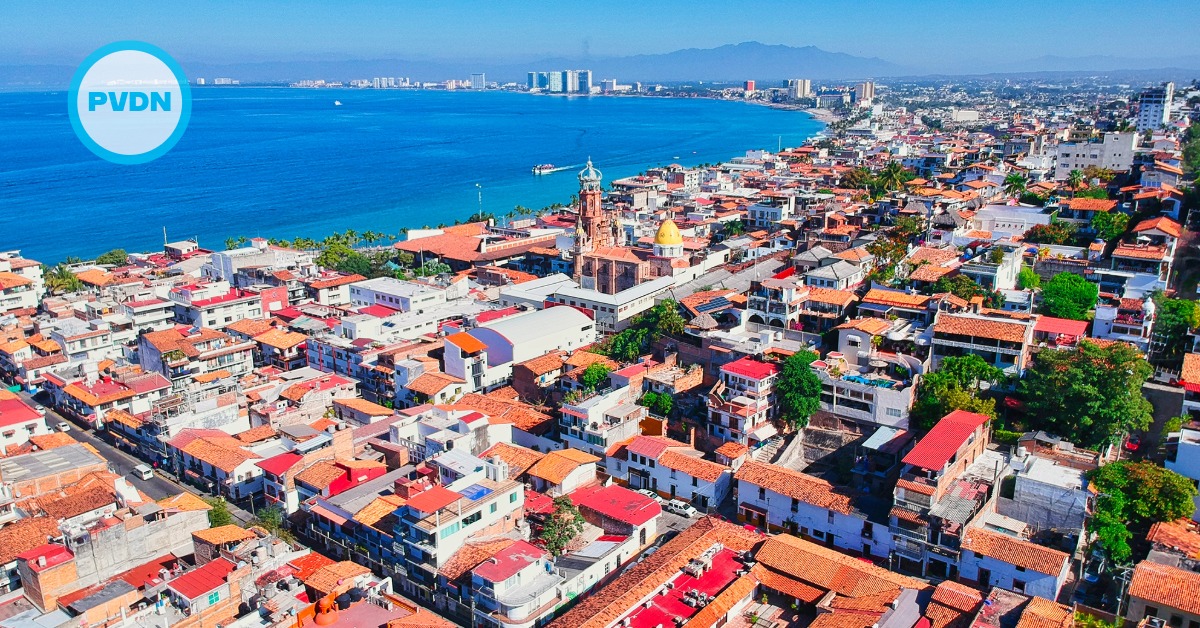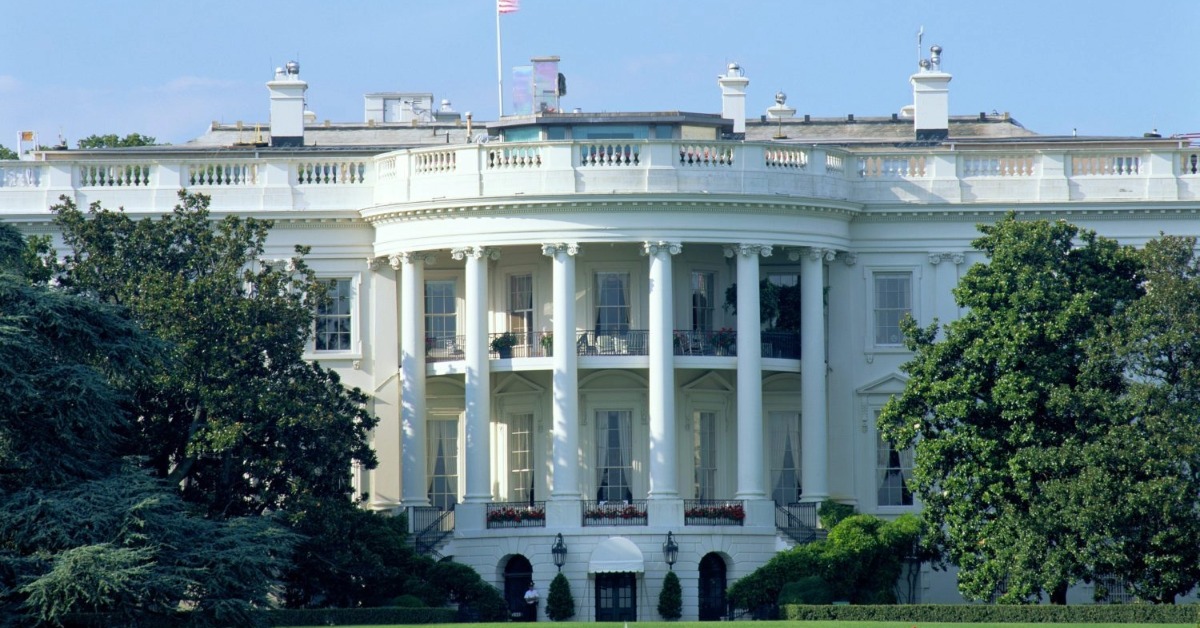PUERTO VALLARTA (PVDN) - The tranquility of Mexico shattered as terrorist bombings take an alarming turn. Uncover the sinister ties between FARC-EP, a notorious Colombian rebel group, and the powerful Mexican cartel CJNG, as the investigation unearths shocking alliances that lead back to a known criminal and high-ranking cartel member in Puerto Vallarta.
In an unprecedented event in Mexico, seven explosive devices detonated on a road in Tlajomulco, near Guadalajara, Jalisco, on the night of July 11. This act of terrorism resulted in the deaths of four public servants and two civilians, while seriously injuring 14 others, including three minors.


